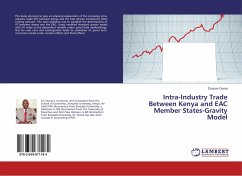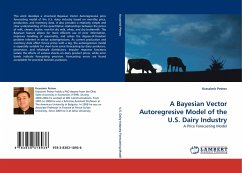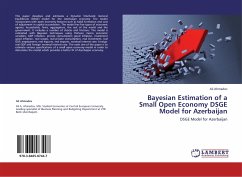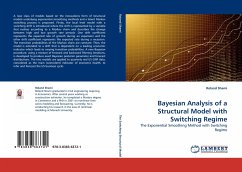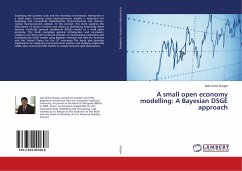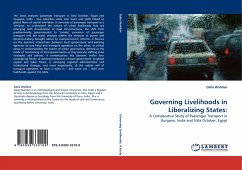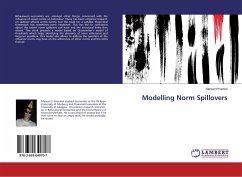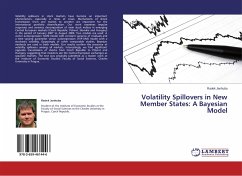
Volatility Spillovers in New Member States: A Bayesian Model
Versandkostenfrei!
Versandfertig in 6-10 Tagen
27,99 €
inkl. MwSt.

PAYBACK Punkte
14 °P sammeln!
Volatility spillovers in stock markets have become an important phenomenon, especially in times of crises. Mechanisms of shock transmission from one market to another are important for the international portfolio diversification. Our work examines impulse responses and variance decomposition of main stock indices in emerging Central European markets (Czech Republic, Poland, Slovakia and Hungary) in the period of January 2007 to August 2009. Two models are used: A vector autoregression (VAR) model with constant variance of residuals and a time varying parameter vector autoregression (TVP-VAR) m...
Volatility spillovers in stock markets have become an important phenomenon, especially in times of crises. Mechanisms of shock transmission from one market to another are important for the international portfolio diversification. Our work examines impulse responses and variance decomposition of main stock indices in emerging Central European markets (Czech Republic, Poland, Slovakia and Hungary) in the period of January 2007 to August 2009. Two models are used: A vector autoregression (VAR) model with constant variance of residuals and a time varying parameter vector autoregression (TVP-VAR) model with a stochastic volatility. Opposingly of other comparable studies, Bayesian methods are used in both models. Our results confirm the presence of volatility spillovers among all markets. Interestingly, we find significant opposite transmission of shocks from Czech Republic to Poland and Hungary, suggesting that investors see the Central European exchanges as separate markets. The textwas originally submitted as a master work at the Institute of Economic Studies, Faculty of Social Sciences, Charles University in Prague.



